commentary Commentary
Commentary: Post-coronation, hopes for stability in Thailand obscure the risk of inertia
Elaborate coronation rituals might suggest stability, but developments in Thailand offer little indication either of a dynamic new royal role or of the country’s ability to avoid a state of inertia, writes the ISEAS-Yusof Ishak Institute’s Michael J Montesano.
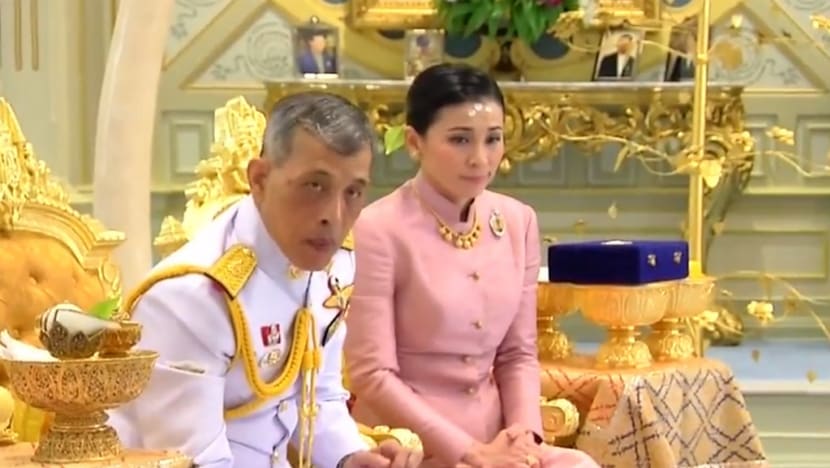
This screengrab from Thai TV Pool video shows a ceremony in which Thailand's King Maha Vajiralongkorn legally married Suthida Vajiralongkorn na Ayudhya in Bangkok.
SINGAPORE: As Thailand’s parliament opened on Friday (May 24), the question on the minds of observers across Southeast Asia and beyond was whether the country was finally on a path toward stability after fifteen years of turmoil.
That period saw two coups d’etat, repeated and sometimes violent “Red Shirt” and “Yellow Shirt” protests on the streets of Bangkok, judicial interventions to oust two prime ministers, and a pair of elections declared invalid.
This time of polarisation also witnessed the demise in 2016 of King Bhumibol Adulyadej after a long reign during which he was widely credited with bringing stability to his country.
COSTLY TURMOIL FOR ALMOST 15 YEARS
Thailand’s turmoil since 2005 has proved costly. It has brought deep social conflict, dividing families and friends. It has seen many Bangkok residents grow ever more alienated from the provincial areas in which their compatriot Thais live.
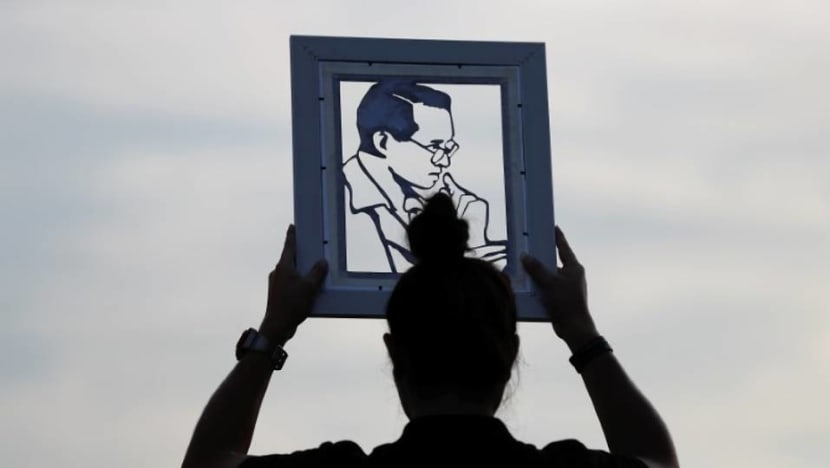
Chronic instability has distracted the country’s civil servants from the challenges of an ageing society, the middle-income trap, an under-performing education sector, administrative overcentralisation, and the need to build a beneficial, multi-dimensional relationship with China.
The turmoil and instability of these years have also coincided with growing criticism of the Thai monarchy and of the social order that it anchors. They have tarnished the country’s image, and raised questions about Thailand’s ability to serve as a reliable partner to its friends in the region.
READ: Can Thailand's new king hold the country together? A commentary
Could stability now be in the cards?
In fact, the very idea of stability is a slippery one, and the line separating stability from inertia a fine one. Thais and friends of Thailand who crave the former ought to be careful what they wish for. The risk of the latter is not small.
THE RISK OF INERTIA
Little illustrates the risk of inertia like the outcome of the March parliamentary elections. Media fixation on the formula for determining competing parties’ total of party-list seats in parliament, and on potential “pro-democracy” and “pro-military” coalitions, distracts us from some of the messages of those elections.
READ: In Thailand, there is only one certainty – the army remains key, a commentary
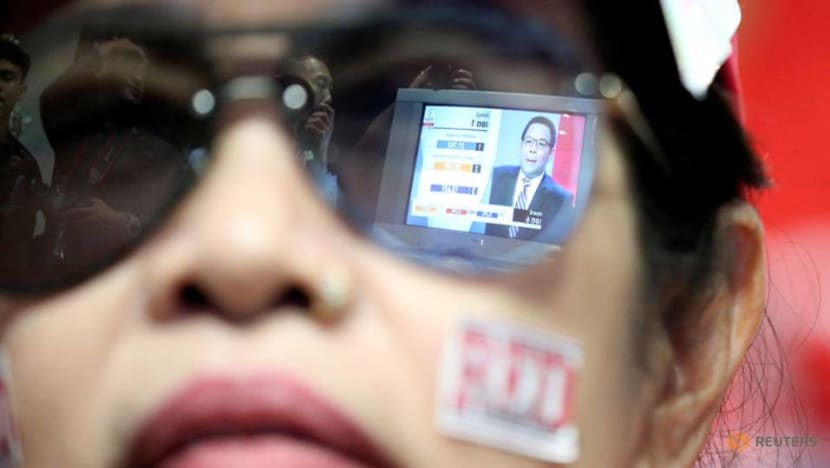
The leading share of the popular vote captured by the pro-military Phalang Pracharat Party points to an appetite for illusory stability grounded in enforced quiescence, among many in Thailand.
The second-place finish of Pheu Thai drew, more than some of its backers acknowledge, on grievances over the street violence and ensuing repression of April and May 2010, nearly a decade ago.
It was nearly two decades ago that Pheu Thai’s de facto boss, former Prime Minister Thaksin Shinawatra, stormed to the centre of political life. Surely, the Thaksin era is approaching its end, its cause yesterday’s rather than tomorrow’s.
READ: Did the King not know? Explaining a Thai royal’s aborted electoral debut, a commentary
The electoral collapse in Bangkok and humiliation in its traditional southern stronghold of the fourth-place finishers, the Democrats, provoked intra-party disputes, sounding like a death rattle. The party’s decision to support the Phalang Pracharat-led coalition makes it a pillar of the ensuing stasis.
A THWARTED COUNTER TO INERTIA?
The most important potential counter to inertia on the Thai political landscape is the new party that won the third-highest share of the popular vote. The Future Forward Party represents a vehicle for liberal ideas, including an end to conscription and sweeping military reform.
To use the language of its many urban-millennial supporters, it is a disrupter. Yet it now faces a legal offensive on the part of the outgoing National Council for Peace and Order (NCPO) that has led to the suspension of its leader Thanathorn Juangroongruangkit as a member of parliament. Prison may await him.
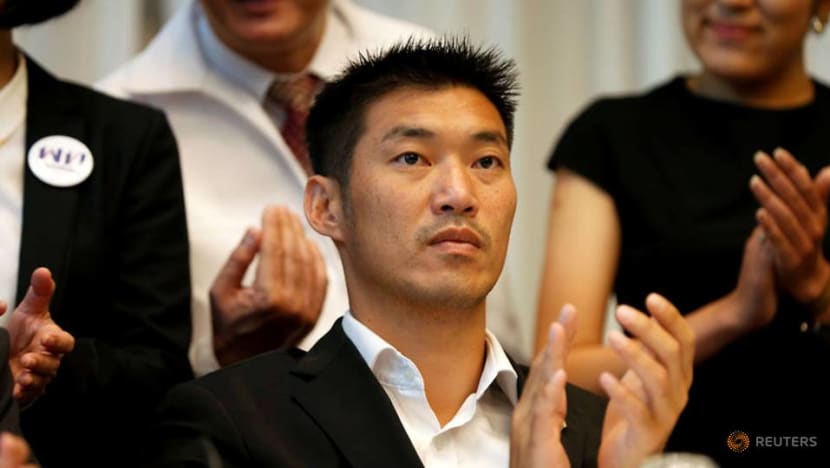
The NCPO’s aggressive approach to the upstart Future Forward underlines the ruling military government’s commitment to a certain idea of stability.
Commentators have highlighted both the country’s 2017 constitution, with its powerful unelected Senate, and the state resources enjoyed by Phalang Pracharat as signs of the NCPO’s determination to hold onto power.
But this journalistic fixation is another distraction. Thanathorn, his party, and their appeal to young voters threaten more than just the current military government’s and its plans for the near- to mid-term future.
Rather, in opening windows to let fresh air into Thailand’s musty political system and exposing to sunlight the anachronistic prominence in that system of the armed forces, they pose a more fundamental challenge to the Thai order.
Little embodies mustiness and anachronism so much as the composition of the new Senate, unveiled in mid-May. A disproportionate share of its membership comprises military and police officers, including six top active-duty officers serving on a constitutionally mandated ex officio basis.
THE MILITARY AND THE MONARCHY
Mid-May also brought the release of twenty official photographs of Thailand’s new queen. Eighteen depict her in military uniforms, ranging from the ceremonial to the combat-ready. In two photographs, she wears helmets covered with jungle camouflage.
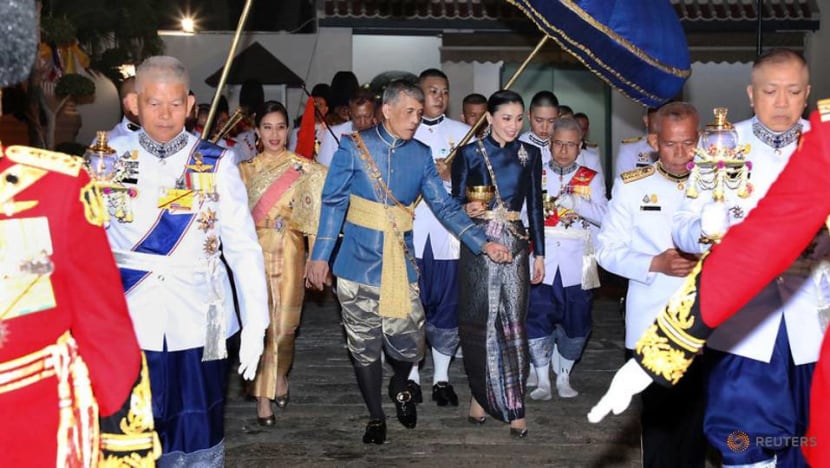
The partnership of military and monarchy in contemporary Thailand to which these photographs point dates from the late 1950s. Its origins lay in a truce between two institutions that had more to gain from cooperation than from their rivalry and mutual antagonism of the preceding quarter-century.
The counter-insurgency campaigns, and related push to integrate remote reaches of Thailand, of the most active decades of the late King Bhumibol’s reign gave that partnership logic.
But the counter-insurgency era in Southeast Asia is long over.
Different challenges, enumerated above, now face Thailand. A royal role in addressing those challenges calls for a different kind of monarchy — working with different partners.
Observers long fretted over Thailand’s ability to weather the death of King Bhumibol and the transition to a new reign. In the event, the late king’s passing, his October 2017 funeral and King Vajiralongkorn’s recent coronation presented a picture of institutional stability.
The coronation ceremonies reinforced an image of continuity between the new reign and those of the king’s nine Chakri Dynasty predecessors. But continuity has never defined the dynasty.
Innovation has been far more significant, as in the administrative modernisation pursued by King Chulalongkorn in the face of Western imperialism, his son King Vajiravudh’s cultivation of elite nationalism, and his grandson King Bhumibol’s attention to the countryside and support for Thai-Chinese business interests and economic growth.
To stage elaborate coronation rituals might suggest stability, but it offers little indication of innovation — or of the determination, evident in earlier reigns, to craft a dynamic royal role to meet the needs of the times.
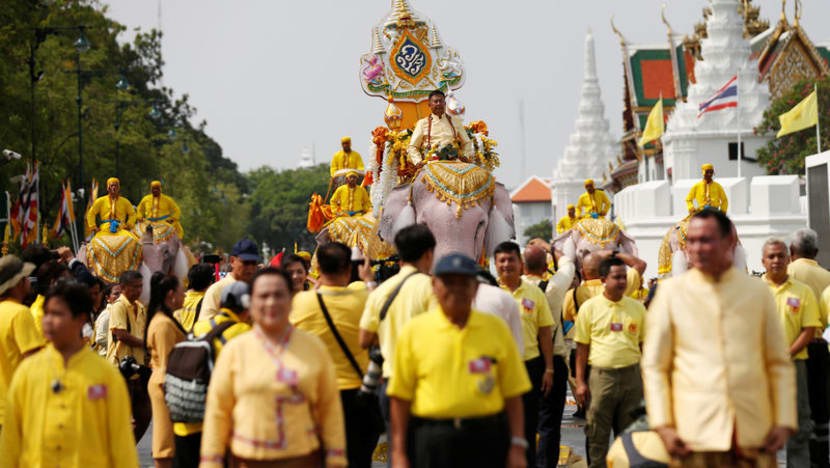
A stable environment may permit innovation to flourish. Inertia has very different implications.
In evaluating the fates of Thailand’s leading political parties following the March elections, noting the unwillingness of its military to retreat from its outdated political role, and looking to the monarchy to embrace the Chakri tradition of royal reinvention, observers of the country may come to regret their hope for stability, if what in fact results is inertia.
Dr Michael Montesano is Coordinator of Thailand Studies Programme at ISEAS – Yusof Ishak Institute.












